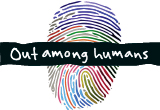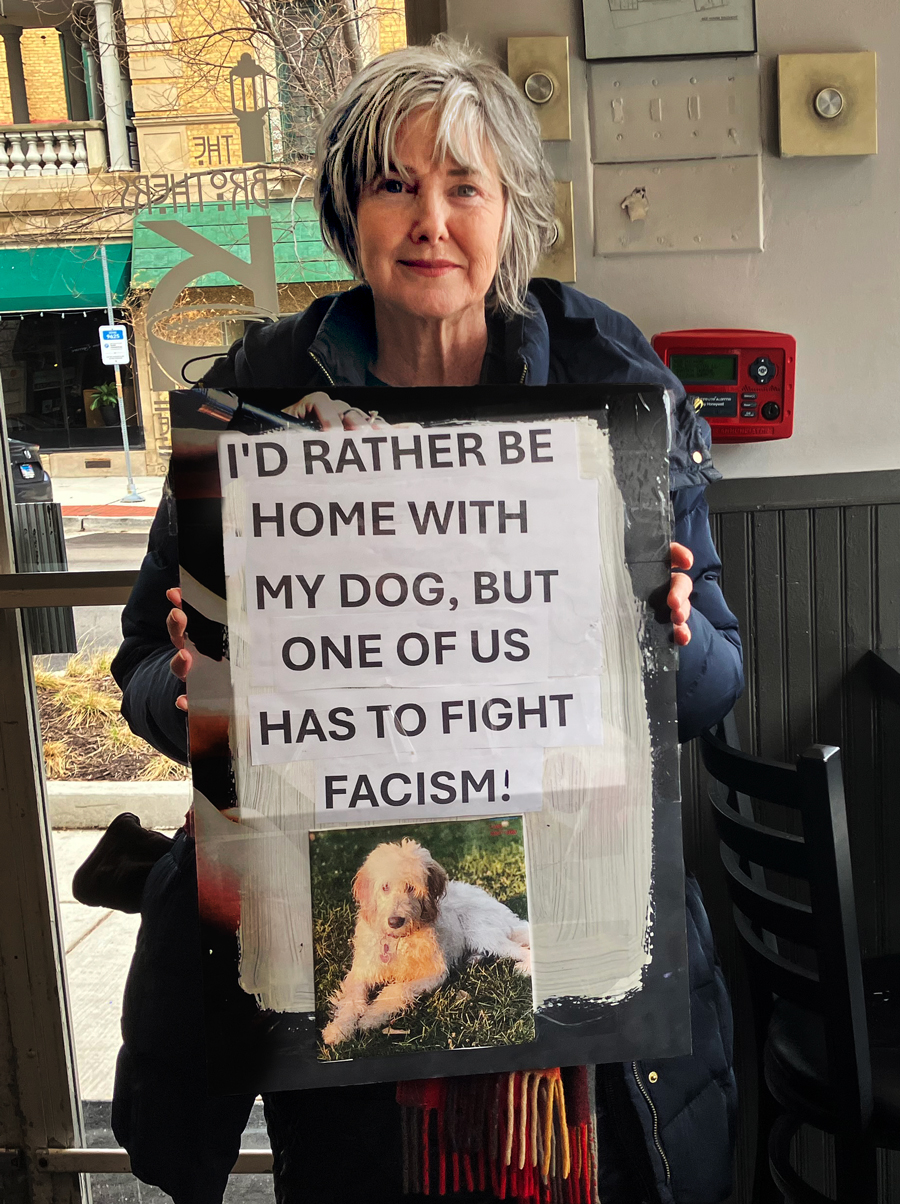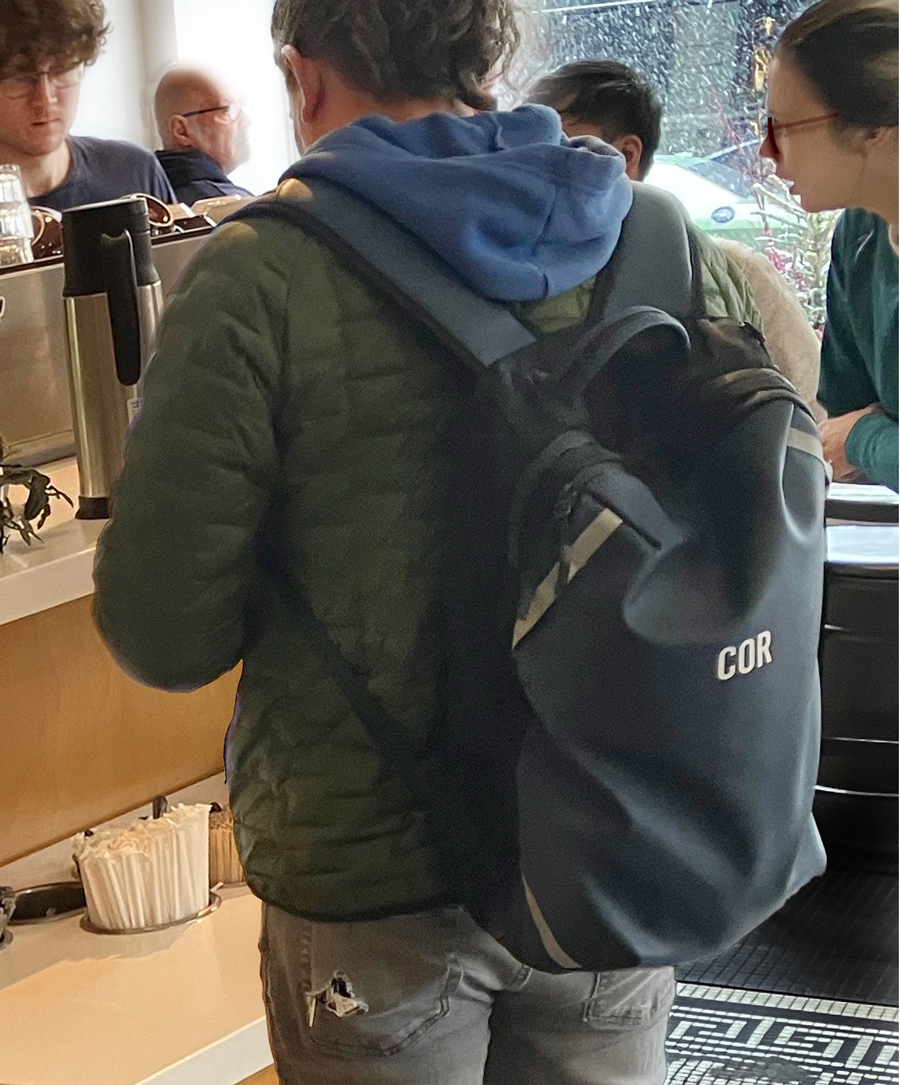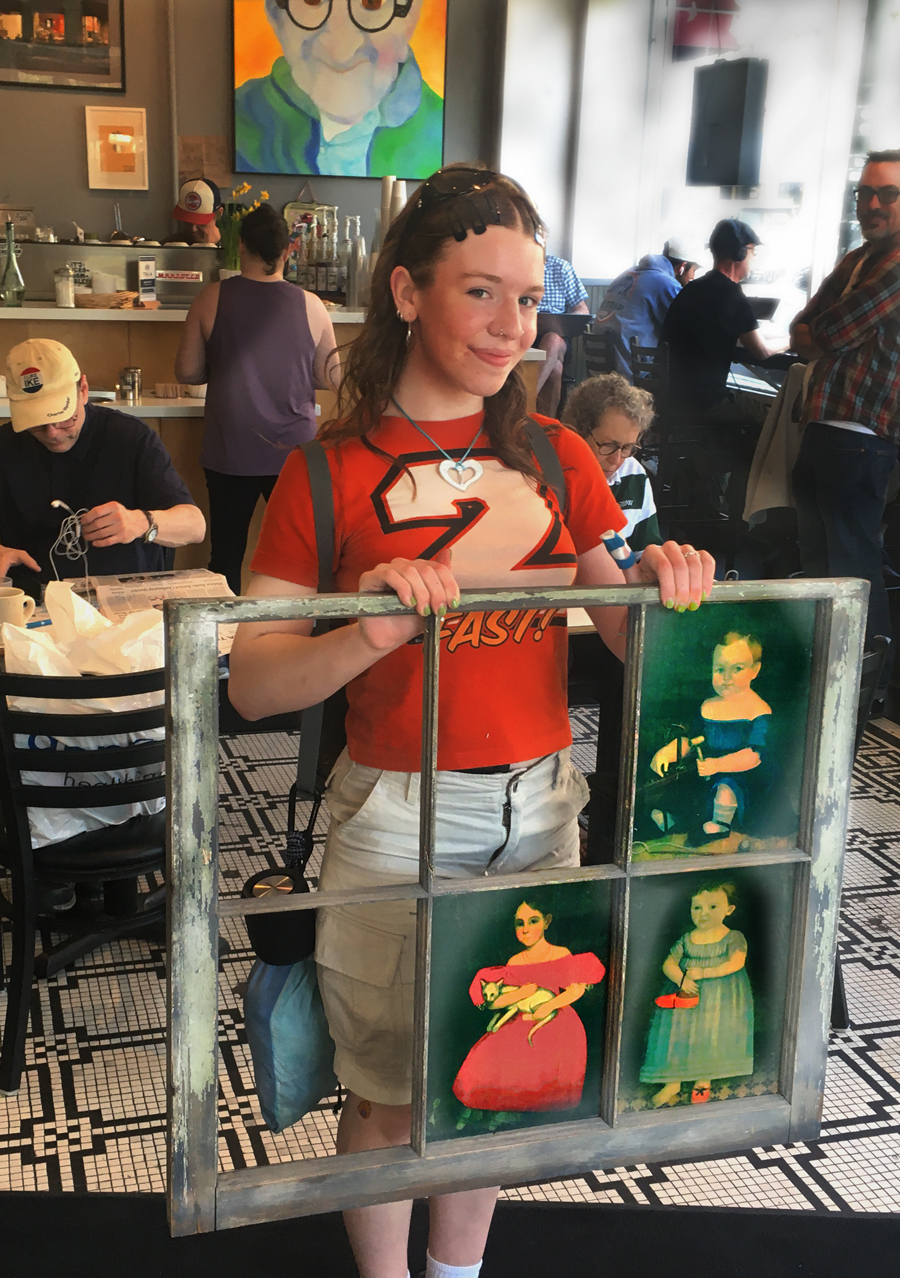Maarten Tollenaar
People at a coffee shop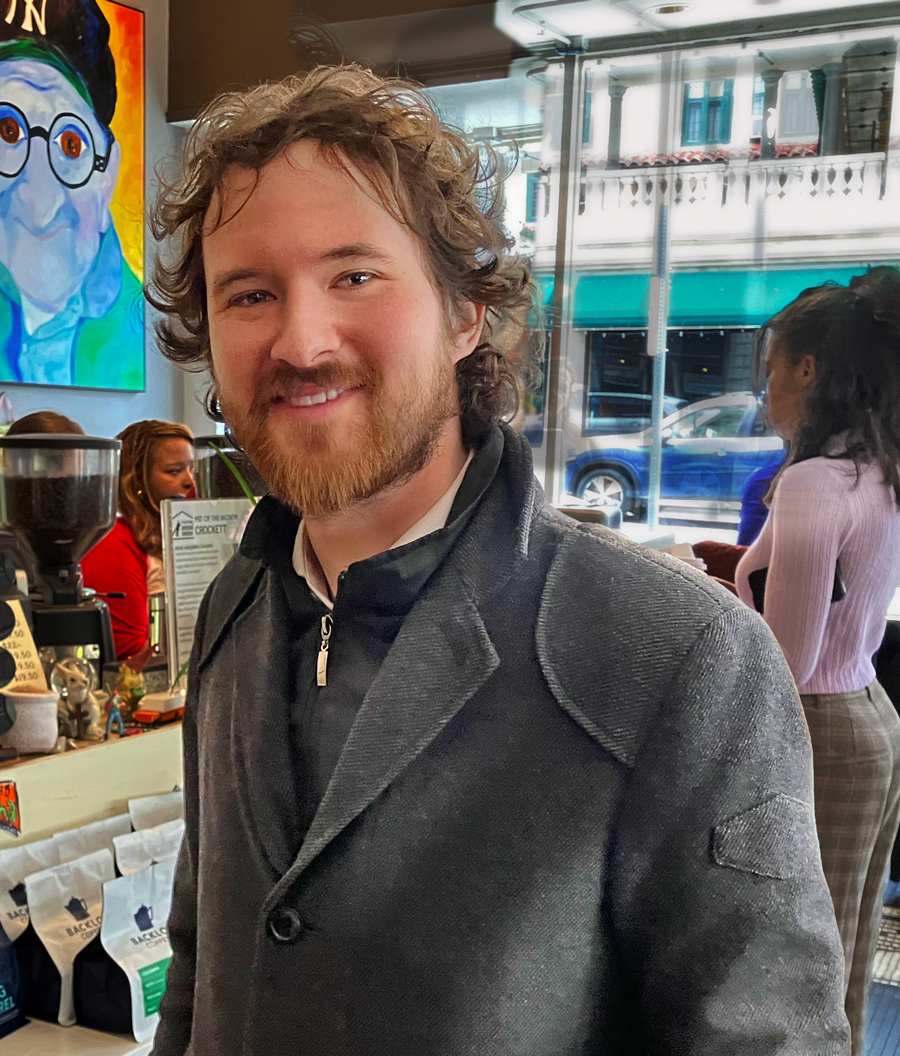 The Dutch visitor speaks the King’s English with a brogue that can’t be had for love nor money.
The Dutch visitor speaks the King’s English with a brogue that can’t be had for love nor money.
Maarten read ‘Matilda’ in Dutch at the age of eight. Then his parents gave him the book to study in English. Now, thanks in part to Roald Dahl, his emails are impeccable in both languages.
He spent five weeks here visiting a friend he’d met at an international political youth conference held in Ivory Coast. Like many at the coffee shop, he’s working to complete his dissertation.
Maarten recently finished his term as International Officer for the Jonge Democraten (Young Democrats), one of the largest political youth organizations in The Netherlands,.
Its mission is to secure access to civic liberties, equality and sustainability; to expand the definition of democracy from North America to the Middle East and North Africa.
The Netherlands won independence from the Spanish in 1648 only to create an colonial empire of its own (the Dutch only recently apologized for their role in the North Atlantic slave trade).
The application of international law, Maarten Tollenaar explains, is existential to a nation of only eighteen million squeezed between nuclear powers. He attends Leiden Law School which is just minutes from the Directorate of International Affairs and International Criminal Court at the Hague.
Young liberals in his organization are wary of the continent’s recurring infatuations with authoritarian-leaning politics and share the Euro skepticism caused by Brexit.
Maarten and the woman from our coffee shop he was visiting – an advocate for social justice in her own right – refer to each other as ‘partners.’ So there’s reason to think we’ll see more of the ‘Nederlander’ in the future.
